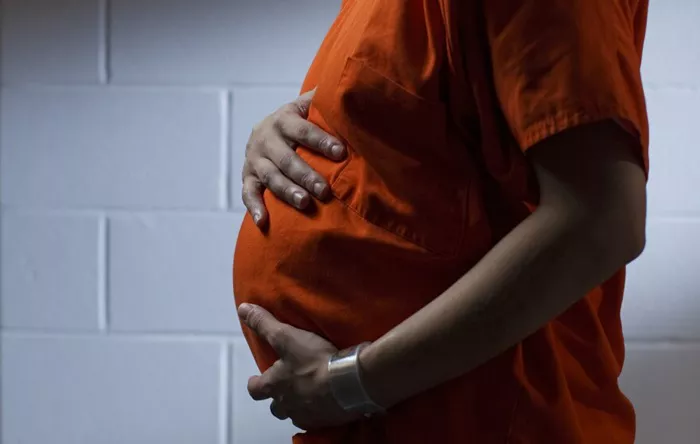A new report reveals that Alabama accounts for nearly half of the criminal charges related to pregnancy, pregnancy loss, or childbirth filed in the United States following the Supreme Court’s decision to overturn federal abortion protections.
According to the report by Pregnancy Justice, a New York City-based nonprofit, there were at least 210 prosecutions linked to pregnancy-related conduct nationwide in the year after the Dobbs v. Jackson Women’s Health Organization ruling. Of these, 104 prosecutions were reported in Alabama.
Pregnancy Justice aims to protect the rights and autonomy of pregnant individuals by advocating for policy changes and raising awareness. The report suggests that the number of prosecutions may be higher than reported, as it likely undercounts the actual cases. It notes that 143 of the defendants were white and that most were from low-income backgrounds.
The majority of the charges stemmed from allegations of child abuse, neglect, or endangerment, primarily involving claims of substance abuse. In 133 instances, substance abuse was the sole accusation.
Additionally, the report identified five cases that involved allegations related to abortion and 22 cases concerning fetal or infant loss, alongside claims regarding pregnancy conduct. Notably, 191 of the 220 charges did not require proof of harm.
The charges included 198 related to child abuse, neglect, or endangerment, nine homicide cases, eight drug-related offenses, and a few others, including one related to abortion and one concerning abuse of a corpse.
The report states that the Dobbs ruling has encouraged state lawmakers, judges, anti-abortion activists, and prosecutors to adopt aggressive measures to safeguard fetal rights.
Lourdes Rivera, president of Pregnancy Justice, explained in a recent Zoom interview that these prosecutions often go unnoticed. She emphasized that perceptions of risk are subjective and frequently influenced by stereotypes, sexism, and racism, lacking a basis in medical evidence.
In Alabama, prosecutors have long used a “chemical endangerment of a minor” statute to charge pregnant women, a practice upheld by the Alabama Supreme Court in 2013. A ruling in February allowed parents of destroyed embryos to seek civil damages under an 1872 law concerning child deaths.
Rivera noted that local prosecutors have significant discretion in these cases, often choosing to prioritize charges against pregnant individuals under existing laws related to chemical endangerment and child abuse.
She pointed out that existing criminal laws have been applied to embryos and fetuses, enabling the prosecution of pregnant individuals. Rivera believes that while public support for abortion rights complicates direct prosecutions under specific abortion laws, the current legal framework allows for such actions to occur discreetly.
Additionally, the report highlights that a lack of prenatal care is sometimes used as evidence of wrongdoing, with 15 allegations noted in this context. Rivera stated that many people face obstacles accessing care due to abortion bans creating maternal health care shortages, as well as fear of criminalization.
The fear of prosecution can deter pregnant individuals from seeking medical help, potentially leading to severe health consequences. Rivera noted that one of the leading causes of death among pregnant individuals is opioid abuse, and the threat of legal repercussions could prevent them from seeking assistance.
Jaylen Black, vice president of marketing and communications for Planned Parenthood Southeast, remarked that the findings of the report are unsurprising. She emphasized that Alabama has some of the strictest abortion laws, making it challenging to assist patients seeking care.
Black cautioned against underestimating the dangers posed by abortion bans, stating that these laws lead to real consequences, including prosecutions and fatalities among women.
“This is not a hypothetical situation; it is happening,” she said. “Women are facing prosecution, and they are dying due to the repercussions of these laws following the overturning of Roe v. Wade.”
You Might Be Interested In


